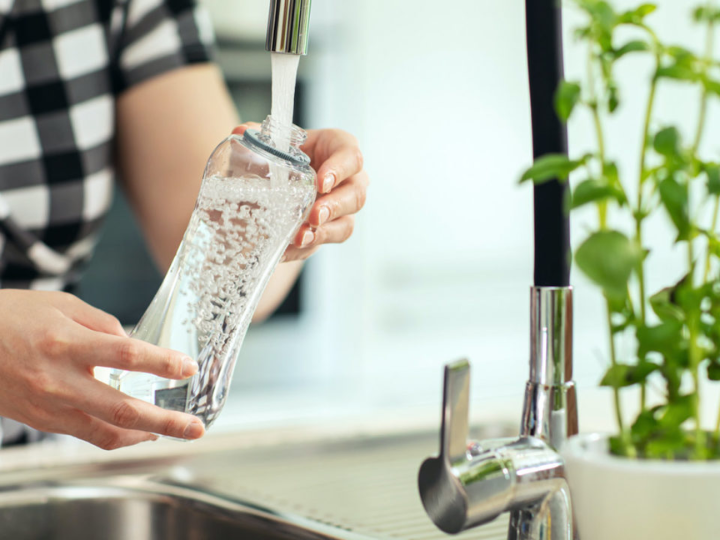Introduction:
Transform your home into an eco-friendly haven by adopting sustainable plumbing habits. Going green isn’t just a trend; it’s a conscious choice that benefits both the environment and your household. In this blog post, we’ll explore easy and practical steps you can take to make your plumbing more sustainable, reducing your ecological footprint without compromising on comfort.
- Install Water-Efficient Fixtures:
- Upgrade to low-flow faucets, showerheads, and toilets to conserve water without sacrificing performance. These fixtures are designed to maintain efficiency while significantly reducing water consumption.
- Collect Rainwater for Outdoor Use:
- Install a rain barrel to collect rainwater from your gutters. This harvested water is perfect for watering plants, gardening, and outdoor cleaning, reducing your reliance on treated water for non-potable needs.
- Fix Leaks Promptly:
- A dripping faucet or a small leak may seem insignificant, but they can waste a surprising amount of water over time. Promptly address leaks to save water and prevent potential water damage.
- Embrace Greywater Systems:
- Implement a greywater system to recycle water from activities like washing machines and showers. This treated water can be repurposed for irrigation, minimizing the demand on fresh water for your garden.
- Go Tankless with Water Heaters:
- Consider switching to a tankless water heater. These systems heat water on demand, eliminating the need for a constantly heated tank and reducing energy consumption.
- Practice Mindful Water Usage:
- Be conscious of your water usage habits. Turn off the tap while brushing your teeth, fix leaks promptly, and only run the dishwasher or washing machine with full loads to maximize efficiency.
- Choose Eco-Friendly Plumbing Materials:
- When making upgrades or replacements, opt for eco-friendly plumbing materials. Consider fixtures and pipes made from recycled or sustainable materials to minimize environmental impact.
- Insulate Pipes for Energy Efficiency:
- Insulate your pipes to reduce heat loss and conserve energy. This not only helps maintain water temperature but also decreases the workload on your water heater, leading to energy savings.
Conclusion:
Adopting sustainable plumbing habits is a meaningful step toward creating an eco-friendly home. By making simple changes to your water usage and plumbing fixtures, you can contribute to water conservation and reduce your environmental impact. These habits not only benefit the planet but also contribute to long-term savings on your water and energy bills. Embrace the journey toward sustainable living, one plumbing fixture at a time.
